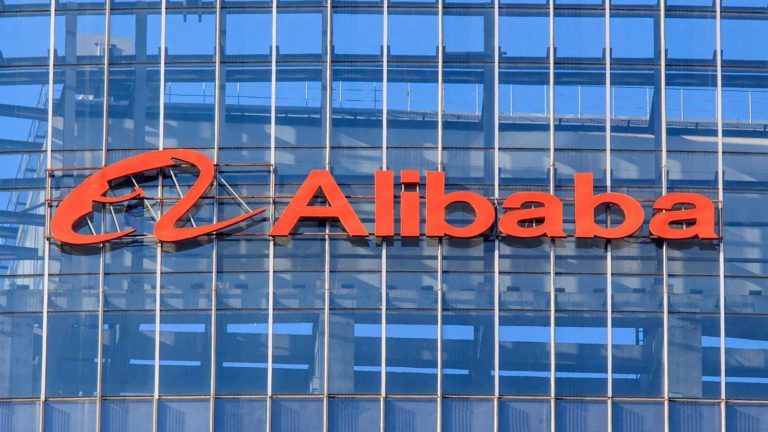Alibaba (NYSE:BABA) stock is advancing more than 2%after Bloomberg reported that the Chinese e-commerce giant would start charging most merchants on its platforms a new fee. The conglomerate reportedly generates the majority of its e-commerce revenue with “customer management fees,” the news service noted.
Meanwhile, Alibaba’s cloud unit increased the fees that it charges for domain names.
Alibaba’s Price Hikes
The e-commerce giant will begin requiring most merchants on its Chinese Taobao and Tmall e-commerce websites to pay a new “basic software service fee of 0.6% on confirmed transactions,” Bloomberg reported. Small merchants may not have to pay the fee. Alibaba’s largest China-based competitors have already implemented similar charges.
Moreover, Alibaba’s cloud unit, starting on Aug. 1, will begin charging 99 yuan to 199 yuan for domain names, up at least 43% from current fees. The unit also recently disclosed that it would close data centers in India and Australia during the current quarter.
The Conglomerate’s Problems
Alibaba has struggled in recent years amid declines in spending by Chinese consumers and a weak economic recovery following the Covid-19 pandemic.
Last quarter, China’s economy grew 4.7% above inflation versus the second quarter of 2023, well below analysts’ average estimate of a 5.1% expansion. The increase was the country’s lowest since Q1 2023. Moreover, China’s retail sales rose by just 2% year over year in Q2, representing the weakest increase since December 2022.
Other factors weighing on the Chinese economy include declining real estate prices and the possible imposition of widespread tariffs by the U.S. if former President Donald Trump is reelected.
The Price Action of BABA Stock
Heading into today, BABA stock had gained 6% in the last month, but it was down 25% in the preceding year.
On the date of publication, Larry Ramer did not hold (either directly or indirectly) any positions in the securities mentioned in this article. The opinions expressed in this article are those of the writer, subject to the InvestorPlace.com Publishing Guidelines.
On the date of publication, the responsible editor did not have (either directly or indirectly) any positions in the securities mentioned in this article.

